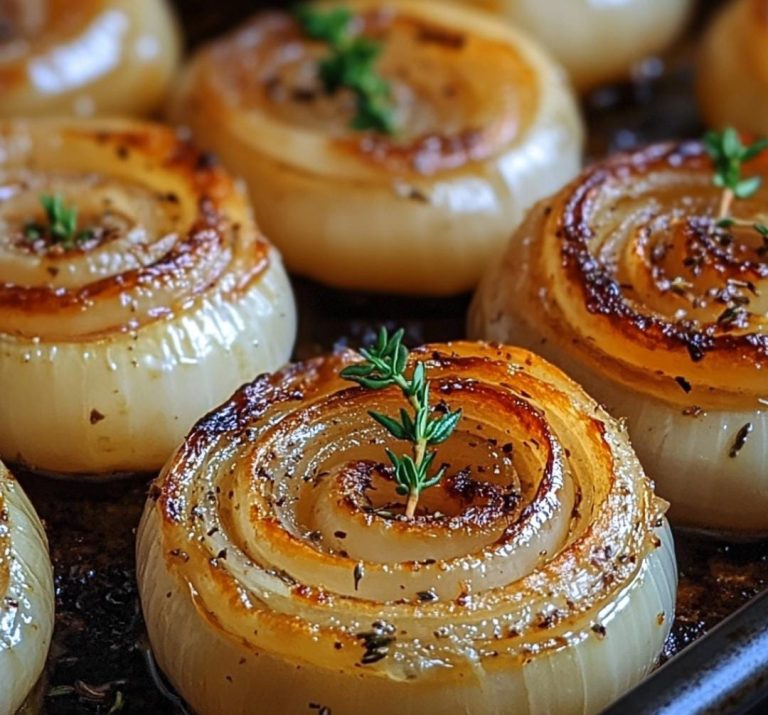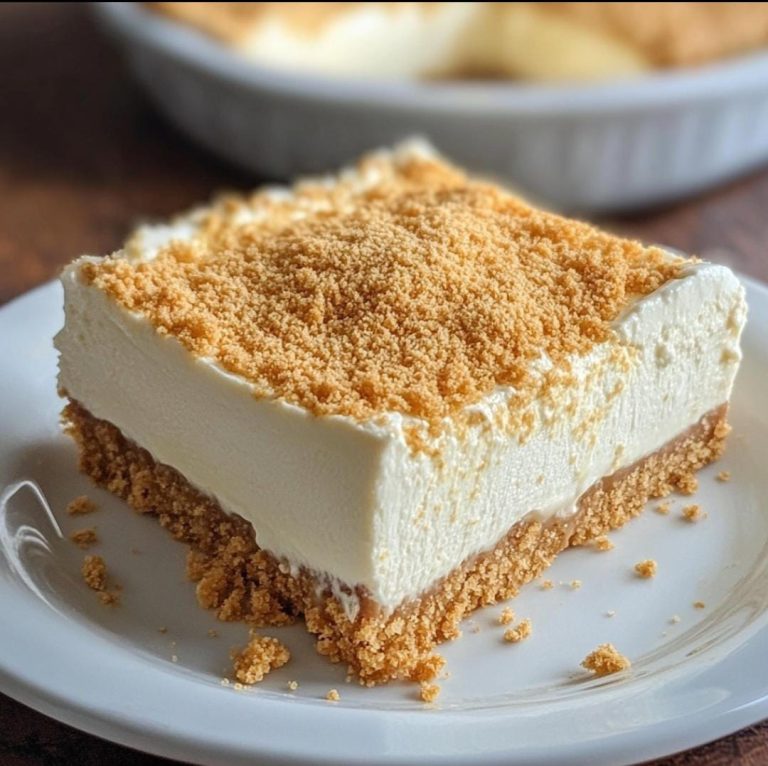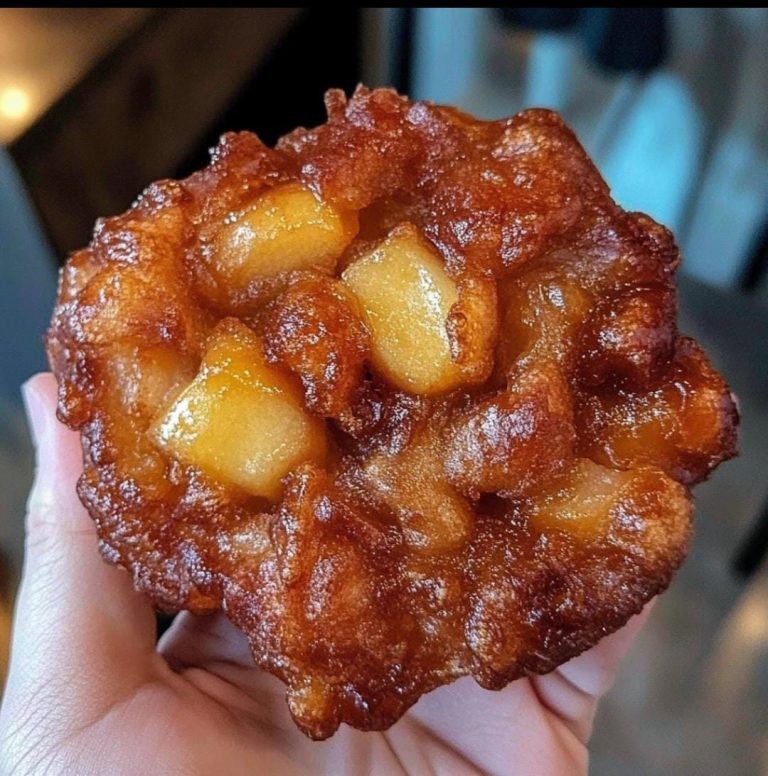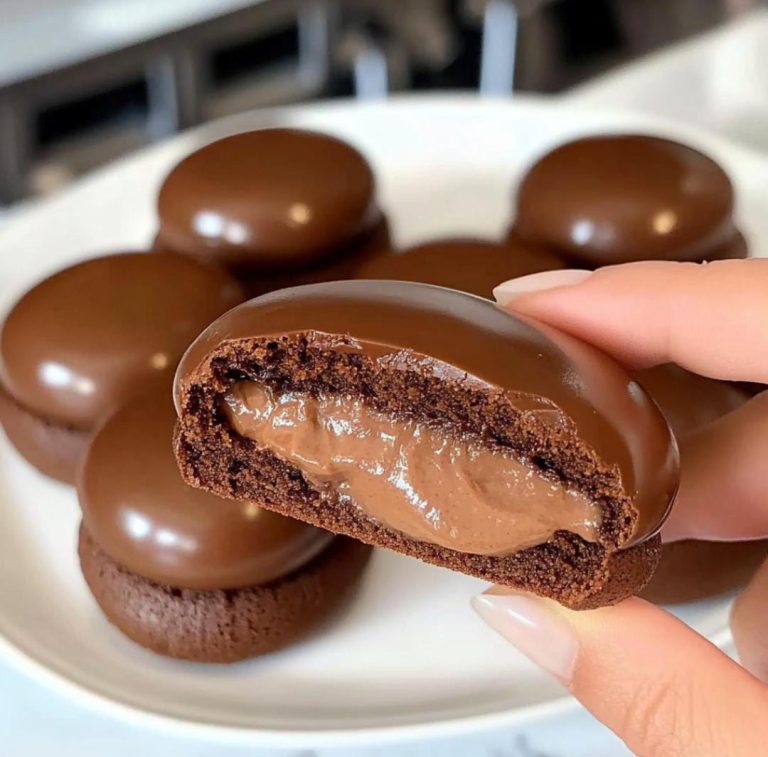Are There Different Recipes Using Specific Types of Apples That Affect the Flavor and Texture of the Fritter?
Apple fritters are a beloved treat, enjoyed by many for their delicious combination of sweet apples and crispy dough. However, have you ever wondered how the type of apple you use impacts the overall flavor and texture of your fritter? Whether you prefer a tart bite or a soft, moist texture, the apple variety you choose can make all the difference. In this article, we’ll explore how different apples affect fritter recipes. Additionally, we’ll offer tips for choosing the best type of apple for your baking needs.
The Role of Apple Varieties in Fritters
When it comes to creating apple fritters, it’s essential to consider the apple variety. Apples vary in terms of sweetness, tartness, and texture, all of which affect the final result of your fritter. Granny Smith apples are well-known for their tartness and firm structure, making them a go-to option for those who like a fritter with a crisp bite. On the other hand, Honeycrisp apples provide a sweet and crunchy texture that complements the fritter batter perfectly.
For more detailed methods on reducing sugar content without affecting flavor, check out this article.
Best Apples for Fritters
Not all apples perform equally when used in fritters. Therefore, the apple variety you select will influence the texture, flavor, and even moisture content of your fritter. Here’s a breakdown of the best apples for making fritters:
- Granny Smith: These apples are tart and firm, making them ideal for providing a tangy bite and a crispy fritter.
- Honeycrisp: Known for their sweet and crisp bite, these apples balance the sweetness of the batter.
- Fuji Apples: These apples are sweet and dense, which makes them great for adding moisture and a soft texture to your fritter.
- McIntosh: McIntosh apples tend to break down during cooking, resulting in a softer and moister fritter.
To try a classic recipe using these apples, visit this Traditional Apple Fritter Recipe.
How Apple Type Affects Texture
Moreover, the texture of your fritter can vary greatly depending on the type of apple you use. Here’s how apple firmness influences your fritter:
- Firm Apples like Granny Smith and Honeycrisp hold their shape during cooking, resulting in a fritter with a crisp texture. These apples don’t release as much moisture, which helps the fritter stay crisp on the outside.
- Soft Apples such as McIntosh or Fuji tend to break down, releasing more moisture into the batter. As a result, this leads to a moister fritter with a softer bite.
If you prefer a crispier fritter, opt for firmer apples. On the other hand, for a moist, fluffy fritter, softer apples are a better choice.
Recipes Featuring Specific Apple Types
Here are some fritter recipes tailored to specific apple varieties:
- Granny Smith Fritters: Known for their tart, crisp bite, these apples hold up well during frying.
- Honeycrisp Apple Fritters: Sweet and crunchy, these fritters need less sugar due to the natural sweetness of the apples.
- Mixed Variety Fritters: Combining Granny Smith and Fuji apples creates a balanced flavor and texture.
Apple Preparation Techniques
The way you prepare your apples also impacts the outcome of your fritters. Some recipes recommend lightly sautéing the apples before incorporating them into the batter. This can reduce excess moisture, which would otherwise result in a soggy fritter. Furthermore, if you are looking for a healthier alternative, you might consider baking your fritters instead of frying. To learn more about healthy cooking methods, check out these helpful tips.
Internal Linking and SEO Optimization
Finally, be sure to refer to the following internal resources for more detailed information on optimizing your cooking techniques:
- How to Store and Reheat Tennessee Onions: Learn how to properly reheat and store foods for the best results.
- How to Prepare Cheesy Garlic Chicken Wraps: Explore more savory recipes that complement your dessert creations.
Conclusion
In conclusion, the type of apple you choose will directly affect the flavor and texture of your apple fritters. Experimenting with different varieties can help you find the perfect combination for your recipe. Whether you prefer the crispness of Granny Smith or the sweetness of Honeycrisp, there’s no wrong way to enjoy an apple fritter.




